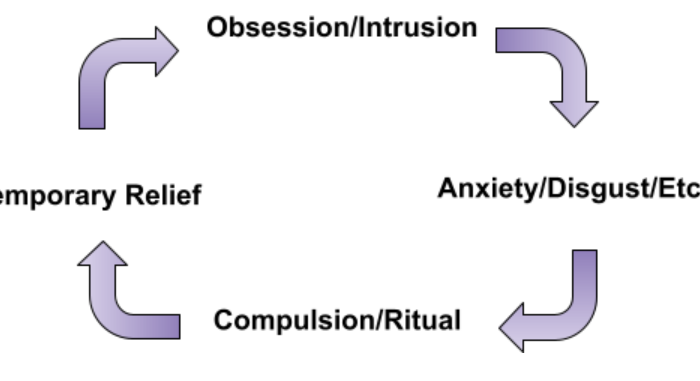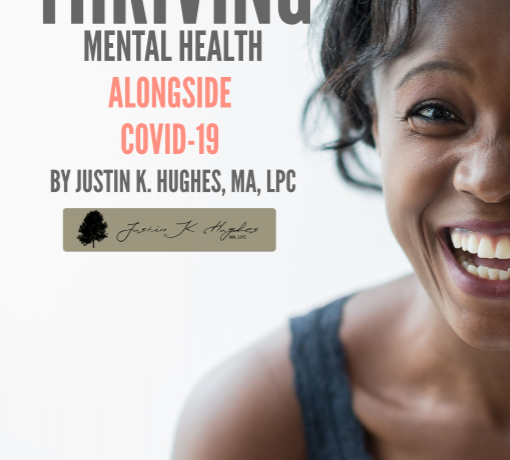Justin’s Blog: “The Jog”
120+ Articles Driven by Research and Practice
Why You Should Not Gamble If You Have OCD—Guest Article Dr. Ana Maria Pereira de Souza
Sometimes it may feel like the odds are stacked against you. For those with Obsessive Compulsive Disorder (OCD), this can seem especially true. For years, while working with hundreds of people with OCD, I have observed severe struggles with decision-making. Recent research reveals a lot more about this—and its relation to Executive Function (EF). In […]
Read More >Medications for OCD
Medications for OCD are often straightforward. Usually, they involve SSRIs at often double the dosing compared to treating anxiety and depression. No one thing is known to cure OCD. The average adult sees a maximum 40-60% improvement in symptoms (which by the way, is less on average than the therapy, Exposure and Response Prevention, or […]
Read More >Common Pitfalls in ERP 4 OCD- FREE Training
As a sequel to my popular, “ERP 4 OCD- Ultimate Guide to Treating OCD” training, here is the full length training on “Common Pitfalls in ERP 4 OCD.” I have given this to OCD sufferers, family/friends, clergy, and clinicians. May it benefit you wherever you find yourself today. Intro Evidence-based treatment for Obsessive Compulsive Disorder […]
Read More >How To Use A Functional Assessment (Fast Version)
This is the shortened version of the article, the “PRO Version” available here. Functional Assessment Defined A functional assessment (or analysis, FA) is a framework that clinicians use to assess and plan treatment. It is simply “any empirical demonstration of a cause-effect relation,” its purpose being “to determine which sources of reinforcement account for problem […]
Read More >How To Use A Functional Assessment Like The Experts (PRO Version)
This is the full, “PRO version” of this article. Looking for the quick read with graphics? Click here. A great strength we have as human beings is to make connections and associations between simple and complex information. At its best, we can learn and grow. At worst, we can live in total unreality. Therapy at […]
Read More >The Holy Spirit is Different Than Your Emotions or Thoughts- Part 1 of 2: Doubt, Fear, and Uncertainty
Confusing Doubt and Fear With God Speaking When Susan* began therapy for Obsessive Compulsive Disorder (OCD) and Generalized Anxiety Disorder (GAD), she had a lot of questions pertaining to her faith. In fact, she often thought she was dealing regularly with inherent spiritual problems, when, in reality, much of her concerns were just problems that […]
Read More >An Introduction To The “Over-Active Conscience”: Understanding Scrupulosity & Obsessive-Compulsive Disorder by Dr. Ted Witzig
This article is aimed at Christians but also provides a rich overview on scrupulosity. It was written by Ted Witzig, Jr., PhD and was graciously allowed to be reproduced in its entirety. I first met Dr. Witzig at IOCDF conferences. He is compassionate, intelligent, and provides some of the best overviews I’ve seen with OCD […]
Read More >Exposure & Response Prevention Is NOT A Paradoxical Intervention
I’ve had many clients and spouses state at the beginning of their exposure therapy that they are practicing ‘paradoxes’ to prove to themselves how ridiculous their OCD is. I’m all for seeing OCD as ridiculous– however, OCD is not treated by insight-oriented approaches (psychodynamic, general psychotherapy- i.e., “talk,”). Paradoxical interventions work like the following example: […]
Read More >Intrusive, Unwanted Thoughts and Faith
“I feel like I really love my baby, but, I just don’t know. I have these terrible thoughts that pop into my mind. Thoughts of harming my baby. I actually vomited last night it made me so upset. I don’t know why I’m having these” “Everyone around me, including my pastor, seems to think I […]
Read More >Journaling vs. Exposure Scripting in CBT (Therapy Insider Tip)
When clients become experts in doing exposures (Social Anxiety, PTSD, OCD, Phobias), they become used to facing fear, disgust, and other uncomfortable feelings square on without tricks and escapes- while still pursuing the valued behaviors and thought processes they want. Sounds too good to be true? It’s not, but it takes discipline and hard work, […]
Read More >What is Obsessive Compulsive Disorder & How Is It Treated?
OCD in context. You may already be very familiar with references to OCD, especially in the larger culture. “I’m soooooo OCD” is a phrase, often unhelpful to true sufferers, that reflects the current sentiments of many as to what it is. Neat. Picky. High Standards. Demanding. This is NOT necessarily OCD in and of itself. […]
Read More >OCD Therapy Insider Tip: Cut out the Margin.
If you have experience with cancer treatment, you may already know what is meant when I say, “cut out the margin.” Margin is the edge or border of tissue that is being removed through surgery. Why can’t you just cut out the “bad” part? Why must you go further? Simply, it is only deemed clean when all […]
Read More >A Biblical Rationale for Exposure Therapy
“You want me to do what?!” Many of my clients, and particularly for the sake of this article, Christian clients, are a bit surprised when I ask them to practice exposure. Repeating scary, terrible thoughts on paper or aloud. Doing things that feel risky. It seems as a clinician I’m disrespecting your beliefs and don’t […]
Read More >Flip the Script- A Guide To Imaginal Exposure
Imagine intentionally telling yourself- again and again- “Maybe I’ll get sick and die.” Or, “I’ll have a sudden urge to kill someone.” Or, “Maybe I blasphemed God and will go to hell.” What if your therapist asked you to repeat these things to yourself? Does that sound like negative self-talk? A cause for grave concern? […]
Read More >Thriving Mental Health Alongside COVID-19
One of my first questions to a professor in my earliest IOCDF BTTI (Exposure Therapy training) at Massachusetts General Hospital was, “What happens if someone actually gets sick after a contamination exposure?” I haven’t forgotten the simplicity of the answer that went something like this: “People get sick all the time. Yes, that might create some additional […]
Read More >















